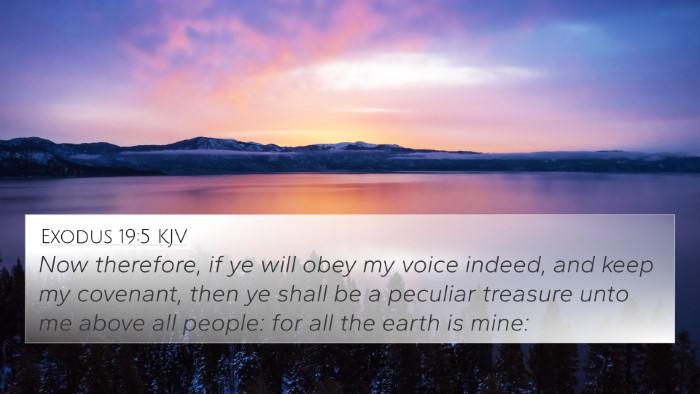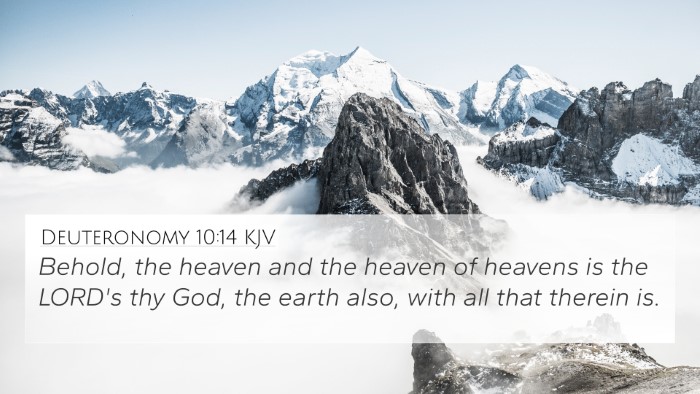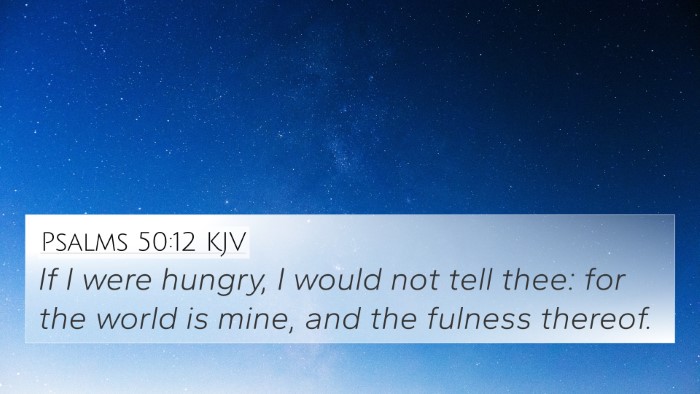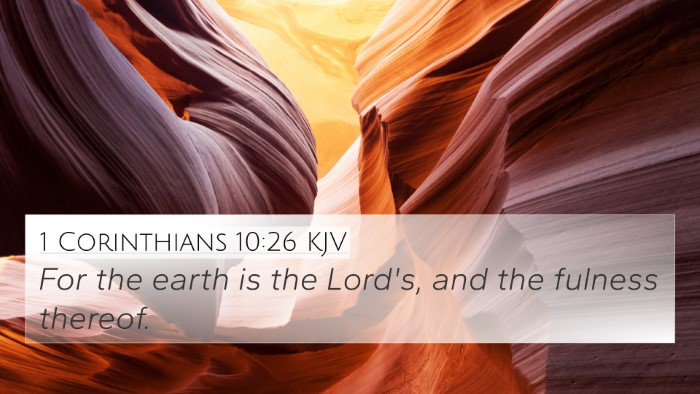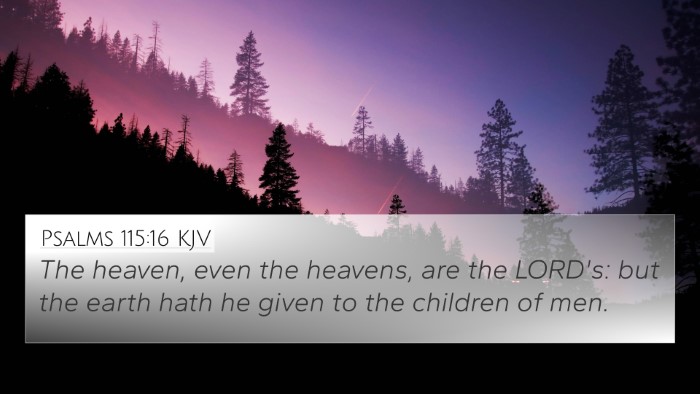Understanding Job 41:11
Job 41:11 poses a profound inquiry regarding God's sovereignty, stating:
"Who has given to me, that I should repay him? Whatever is under the whole heaven is mine." (Job 41:11, ESV)
This verse invites deep contemplation on the relationship between God and humanity, emphasizing God's ultimate authority over all creation.
Divine Sovereignty and Ownership
Matthew Henry explains that this passage highlights God's ownership over all things. He emphasizes that God claims dominion—not merely over men and their actions, but over everything within the universe:
- Nothing exists outside of God's sovereign will.
- Human beings cannot offer anything to God that He does not already possess.
Henry articulates that this verse serves to humble mankind, reminding them of their position in the grand scheme of creation.
The Impossibility of Repayment
Albert Barnes suggests that the question posed in Job 41:11 serves as a rhetorical device, reinforcing the idea that humans have no leverage over God. No act of service or gift can "repay" God:
- All good comes from God, and any attempt to repay Him is futile.
- This reflects the theme of grace, underscoring that divine gifts cannot be earned.
Barnes notes that recognizing this leads to a posture of humility and gratitude before God’s greatness.
Comprehensive Divine Control
Adam Clarke elaborates on the idea that God's control extends "under the whole heaven." He points out that this signifies the absolute reach of divine authority:
- Everything created is under God's command.
- Human understanding is limited and cannot fully grasp God's plans.
Clarke argues that Job's acknowledgment of God's supremacy reframes human suffering within the context of trust in divine wisdom.
Cross-References for Deeper Study
To enrich one's understanding of Job 41:11, consider the following cross-references:
- Psalm 24:1: "The earth is the LORD’s and the fullness thereof, the world and those who dwell therein."
- Romans 11:35: "Or who has given a gift to him that he might be repaid?"
- Acts 17:25: "Nor is he served by human hands, as though he needed anything."
- 1 Chronicles 29:14: "But who am I, and what is my people, that we should be able thus to offer willingly?"
- Job 41:3: "Will he make many supplications to you? Will he speak soft words to you?"
- Isaiah 40:13-14: "Who has measured the Spirit of the LORD, or what man shows him his counsel?"
- Luke 17:10: "So you also, when you have done all that you were commanded, say, 'We are unworthy servants; we have only done what was our duty.'"
Connecting Themes Across Scripture
Job 41:11 showcases a recurring theme in Scripture about God’s sovereignty and our response as human beings:
- Emphasizes divine grace and the futility of attempts to repay God.
- Reverses human expectations regarding worthiness and entitlement.
- Affirms the limitation of human understanding against divine wisdom.
Thematic Bible Verse Connections
This verse connects to the broader themes of unearned grace and divine control, seen throughout the Bible:
- The relationship of God with Israel as seen in Exodus 19:5—God's chosen people under His authority.
- Understanding the implications of grace in the context of Ephesians 2:8–9—salvation as a gift, not from works.
- Human humility before God's greatness reflected in Proverbs 3:5-6—Trusting in the Lord with all your heart.
Through cross-referencing and comparative Bible verse analysis, one can understand how Job 41:11 stands alongside various scriptural passages that announce God’s supremacy and our humble position before Him.
Conclusion
The message of Job 41:11 transcends time, serving as a reminder that everything belongs to God. It invites believers to engage in a relational understanding of their position relative to God's infinite authority.
By engaging in cross-referencing Biblical texts and exploring thematic Bible verse connections, one can gain deeper insights into this powerful assertion of divine sovereignty.





